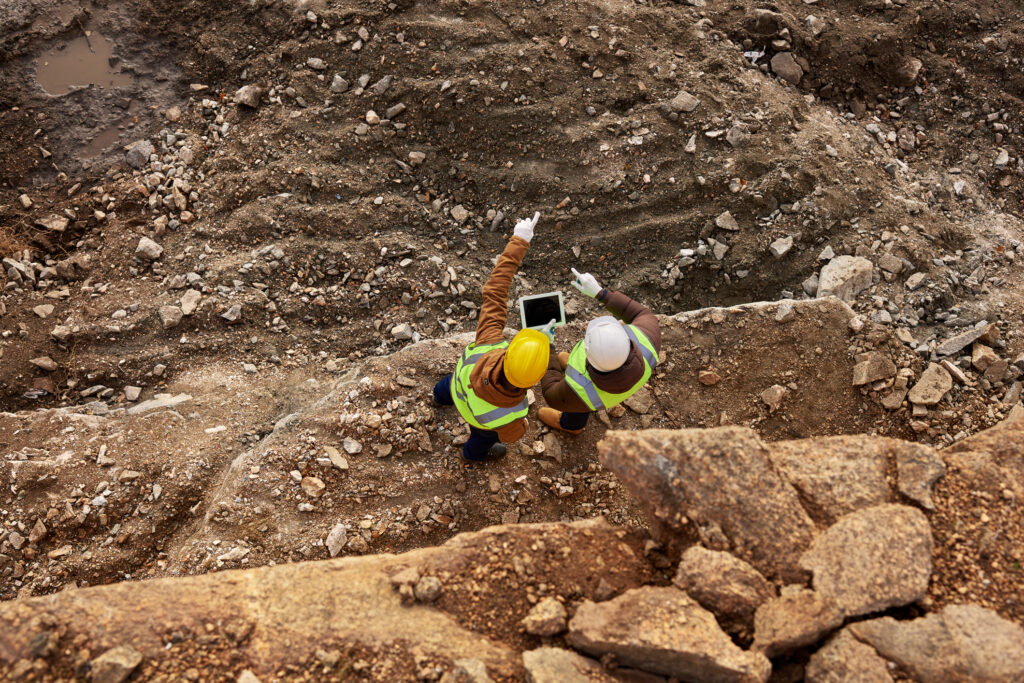At Domini, we conduct proprietary in-house research to evaluate the social and environmental performance of our investments. Our in-depth ESG research and our standards help create value not only for portfolios but for people and planet, too. During our research process, we uncover many innovative initiatives worth sharing.

With the global shift towards renewable energy, some of the most advanced companies are adapting their business models to shift towards clean energy to enhance their systems and make them environmentally friendly. At Domini, our commitment is to avoid investments in products with the potential for significant harm and instead focus on innovative solutions that can be scaled and useful for people.
We exclude energy companies or electric utilities that built coal power plants after the 2015 Paris Agreement from our investments. We also do not include those with more than half of their power coming from coal. Our decision is rooted in considerations of the financial, environmental, and human health concerns associated with fossil fuels. Recognizing the growing sentiment within the responsible investment community, we view divestment as a productive avenue to stimulate meaningful debate on this critical issue.
The Fight Against Climate Change
Domini sees a future where businesses help reduce energy use and environmental impact, moving towards sustainability and lower carbon emissions. We acknowledge the negative impacts linked to mining; therefore, we actively seek peer counterparts who are tackling their sustainability issues. However, meeting the escalating demand for cleaner energy and power requires connected efforts in policy, regulation, and research and development.
In our ESG research, IGO Ltd has shown a conscious effort towards environmental management and sustainability in the mining sector through mitigation and adaptation in its business practices. This Australian firm specializes in metals critical for clean energy, prioritizing environmental stewardship, transparency, and community engagement.
Improving Environmental Management
Operating in the Goldfields-Esperance region of Australia, IGO recognizes the importance of biodiversity conservation.
To comprehend its potential impact on flora and fauna, the company conducts comprehensive field surveys, further broadening it to measure its goal of contributing to local biodiversity. These surveys allow IGO to measure its goal of contributing to local biodiversity preservation. In doing so, the company is better positioned to manage the land and its environmental footprint. This helped IGO achieve a commendable 16% reduction in scope 1 and scope 2 emissions in 2022 compared to the 2019 baseline.
IGO introduced a set of standards called “Group Environmental Standards,” surpassing statutory obligations.
These standards address expectations, including:
- Rehabilitation and mine closure
- Social and environmental impact assessment
- Mineral waste management
- Water management
- Biodiversity management
- Air emissions management
- General waste management
Proactive Monitoring and Transparency
IGO takes a proactive approach to monitoring and measuring environmental impacts, fostering transparency in its actions. IGO focuses on managing risks and using reliable data and science. They prioritize open communication with stakeholders, keeping them informed through regular reporting. This open communication approach aligns with the company’s commitment to building positive relationships with affected communities.
Seeking a Resilient Future
Looking forward, businesses that incorporate ethical environmental practices, engage with stakeholders, reduce their carbon footprint, and promote diversity in their workforce are not only fulfilling their environmental responsibilities but also preparing for the future. By adapting to changing societal norms and prioritizing sustainability, they are setting themselves up as industry leaders in a world where sustainability is crucial for success.
Creating a sustainable future is a strategic imperative. Investing in the resilience of ecosystems, avoiding land disturbance, and decreasing water consumption demonstrates a commitment to resource efficiency, cost-effectiveness, and stability in the face of changing environmental regulations.
